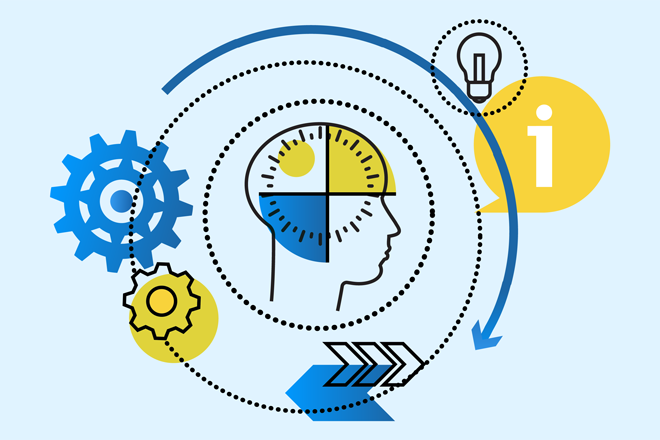February 8, 2024 | By Kerry Friedman

LEARN Network lead Rebecca Griffiths recently had a conversation with the SRI Homeroom podcast host Kori Hamilton Biagas. They discussed how promising innovations with strong theories of action have inspired Griffiths’ work and how the LEARN Network is helping researchers better match their promising theories with real world problems of practice.
In the conversation, Griffiths talks about the tension she sometimes experiences between the evaluator and the developer roles. As evaluators, objectivity is the standard in determining whether an innovation is effective, while developers tend to be more focused on the promise and potential of an innovation. The developer’s curiosity is often motivated by an ideological or moral imperative to get the innovation into the hands of students and teachers, whereas the evaluator is focused on the performance of the innovation.
At the same time, both evaluators and developers need to be thinking about how the innovation fits into the lives of intended users, a key factor in whether the innovation will make it to scale. Griffiths asks:
She goes on to share:
Through the LEARN Network, Griffiths is helping researchers connect compelling theories with the objective evaluation of evidence while also deeply engaging with the communities they intend to serve.
Listen to the full episode:
View and download an episode transcript.
Tags: Application Evidence-based Innovation Research & Developers Research and evaluation Transition
